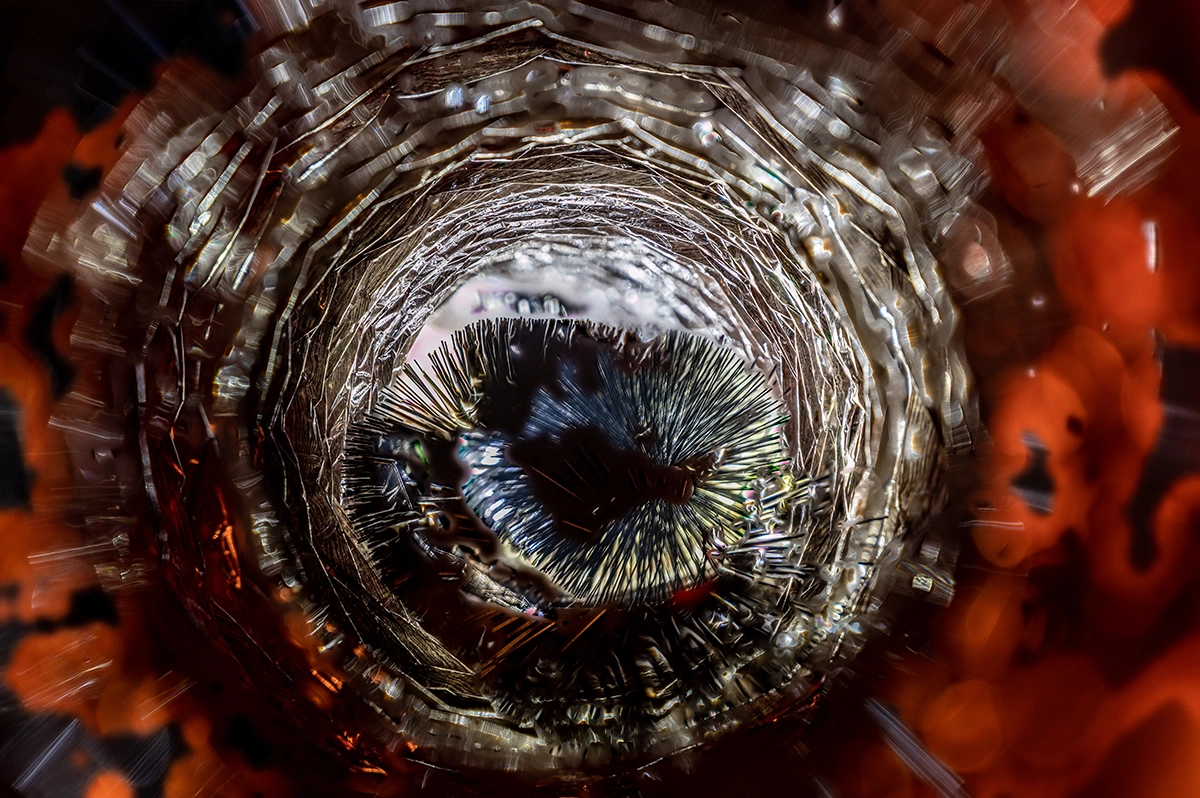by Rachel Helft
Share
by Rachel Helft
Share

Installing a home generator is a practical and forward-thinking idea. In this spirit, you should consider a few elements when looking for one, such as the type of fuel it uses and how much energy you require in an emergency. Determining these aspects early on ensures that you receive an excellent generator installation for your home.
To guarantee that your generator works properly, hire a professional from Argent Heating & Cooling. With 39 years of industry experience, our team can help you pick and install the perfect home generator. Our technicians are also experts in HVAC repair and maintenance, radiant heating installation, and much more. Talk to one of the best heating and cooling companies in the Washington, DC, Metro area and schedule an installation service today.
Below, we outline several considerations for when you want to install a home generator:
Fuel Type
First, consider the kind of fuel your potential generator uses. Most generators use one of four fuel types – gasoline, diesel, propane, or natural gas.
Since we’re comparing types of generators, we recommend avoiding gasoline-powered models. Gasoline is a volatile fuel. It is difficult to store and deteriorates over time, which reduces its utility for emergency conditions. It’s also difficult to source during a natural disaster, making its use as a fuel a moot point.
That leaves diesel, propane, and natural gas as the remaining choices. Let’s examine some details about each fuel type:
- Diesel: a much less volatile substance than gas, diesel also releases more energy, making it quite efficient for generators. However, a feasible fuel supply requires an external tank for storage. This is why schools and hospitals, rather than residences, tend to use diesel.
- Propane (LP gas): Propane is commonly used for all kinds of appliances inside and outside your home, so it seems like an obvious choice for your home’s backup generator. It’s a fuel that is safe and easy to store and is widely available when you need to restock. While they don’t produce as much energy as diesel, propane generators have their advantage in providing a stable supply of fuel.
- Natural Gas: It burns clean, it’s easy to store within your home, and its supplies are hardly ever affected, even during a natural disaster. Many specialists will admit that natural gas is among the best fuels to use for your home generator.
Energy Capacity
Among the most important things you should remember when choosing your home’s backup generator is how much energy capacity it has. This is measured by the number of watts it produces, usually measured as kW or kilowatts. One kW is equal to one thousand watts.
Most homes equipped with generators have models that generate around 20kW, but this can vary depending on the needs the homeowners focus on.
For example, if all you need is a little energy to power your lights and keep your fridge and freezer on during an emergency, you’ll need a basic 5 to 10 kW generator.
However, if you want to power more of your home’s systems, such as your heater and air-conditioner, you’ll need one that generates more power, usually around 20 to 22 kW.
Self-Install or Hire a Professional?
With the increase in tutorial articles and instructional videos online, many homeowners find it possible to perform all kinds of installations themselves. While you could install some appliances and fixtures yourself, we’d recommend hiring a professional for efficient and accurate generator installation.
Generator installations are quite intricate. Here are some aspects of them to show you how:
- Generators have transfer switches installed with them to detect when an outage has occurred so that it switches on to provide backup power. Certain configurations may then require transferring control of your home’s power to a different breaker so that the generator sends power only to the circuits you’ve chosen.
- If your generator uses natural gas or propane, you’ll need to connect it to your gas line or propane tank. The right valves must also be installed to control the gas you’re using.
- Depending on the area you live in, you may need to apply for a building permit to install a generator, as well as approval from your homeowner’s association.
All of that at once makes this particular installation difficult. Also, a home generator should be installed exactly as required to avoid any future faults or dysfunctions, especially when you need it most. That’s why we recommend you hire a professional to get the job done right.
Argent Heating & Cooling: Affordable Generator Installation in the Washington, DC, Metro Area
Argent Heating & Cooling provides top-quality generators to residents and businesses, as well as professional generator installation services. Our team is filled with highly-experienced technicians, all with 39 years of experience in the heating, cooling, and home appliance industry. We’ve helped numerous homes and businesses throughout the Washington, DC, Metro area, providing quality maintenance and installation of premium heating and cooling systems at affordable rates. Contact us at (703) 281-6300 for more information and schedule an appointment with a professional today.
STAY IN THE LOOP
Subscribe to our free newsletter.
Leave A Comment
As temperatures rise, the last thing you want is your air conditioner acting up, especially when it starts freezing. Yes, it’s possible for your AC to get too
When summer hits Fairfax, VA, a properly functioning air conditioner is not just a luxury; it’s a necessity. However, what do you do when your air conditioning unit
As homeowners or property managers, one of the primary concerns we often face is determining the longevity of our air conditioning systems. “How long do AC units last?”
As the flowers bloom and the trees regain their leaves, many of us welcome spring with open arms. However, for allergy sufferers, this season can be less about





